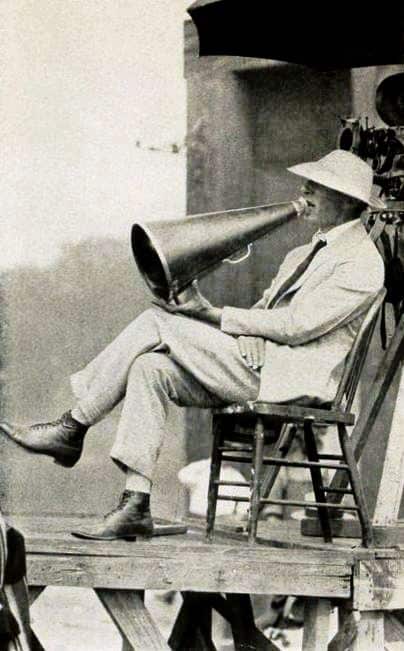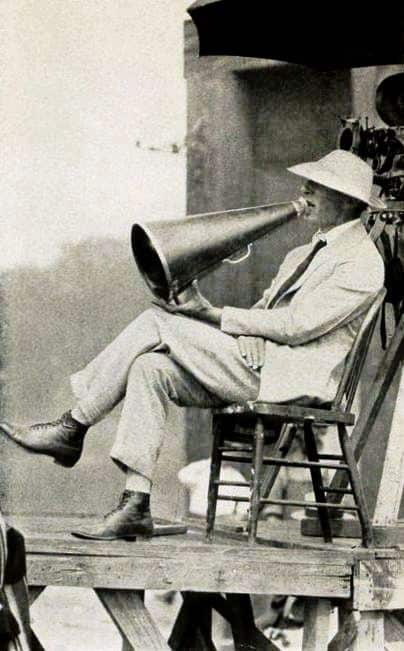
The concentration of power in the United States presidency has had a good run over the last few decades. This concentration of power is evident in presidents pursuing war after war without the constitutionally-required congressional declaration of war or even a congressional vote on an authorization for use of military force (AUMF). It is also evident in presidents using executive orders and regulations to bypass the legislative process.
President Barack Obama was up-front about his desire to use expansive executive power to bypass the Congress when he said before a Cabinet meeting in January of 2014, “I’ve got a pen, and I’ve got a phone.” The pen, Obama explained, he could use to “sign executive orders and take executive actions and administrative actions” without any involvement of Congress. The phone, he said, he could use to build support for his unilateral actions.
Yet, there does appear to be significant disapproval of increasing presidential power. Pew Research Center poll results indicate large majorities of Americans questioned in August and February said that it is too risky to give US presidents more power to deal directly with many of the country’s problems.
But, something interesting is revealed when the numbers are broken down by party affiliation. In August, when a Democrat was president and most polls and pundit predictions were saying a Democrat would win the November election, the opposition to increasing presidential powers was much higher, at 82 percent, among Republican and Republican-leaning individuals than the 66 percent among Democratic and Democratic-leaning individuals. Move forward a few months to February after a Republican became president and the numbers just about reverse to 65 percent on the Republican side and 87 percent on the Democratic side.
If people would be steadfast in their opposition to increasing presidential power instead of shifting to become proponents of power expansion when their “team” is in charge, there would be much more reason for optimism that the growth of presidential power will stop expanding or will even be cut back. Such a firming of conviction against increasing presidential powers would deprive presidents, whatever their political parties, of much of the power of “a phone” that Obama said is important in asserting unilateral executive power.
One thing that could cause the opposition to increasing presidential power to solidify is more people coming to understand that presidents, irrespective of their party labels, seek to increase power to benefit the few at the expense of the many. A president can be counted on to throw a few scraps now and then to the people who identify with his party to keep their support. But, he can also be counted on to focus on using government power to achieve the goals of himself, people connected to his administration, and powerful special interests.

